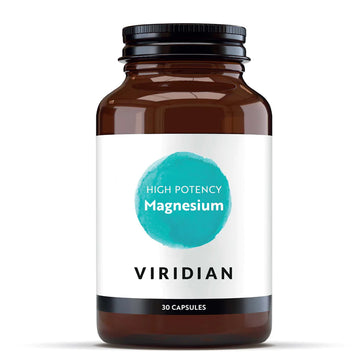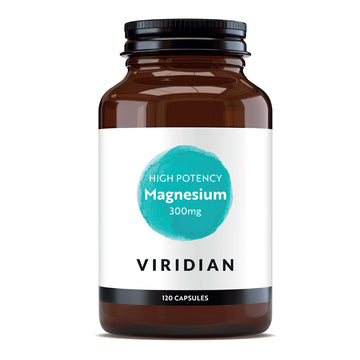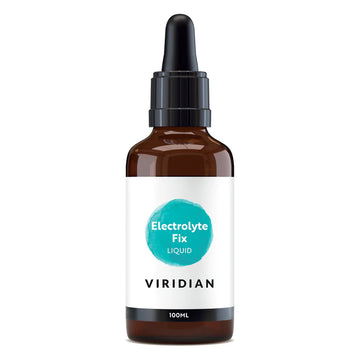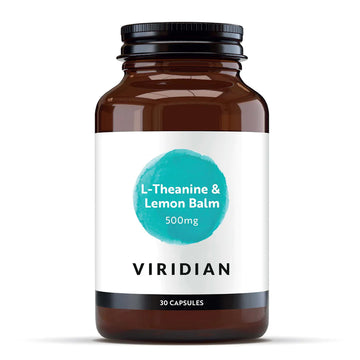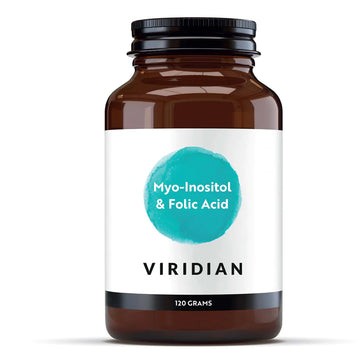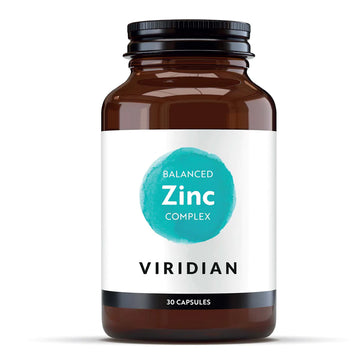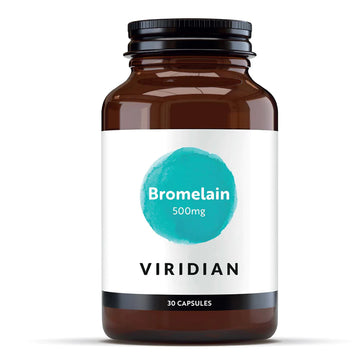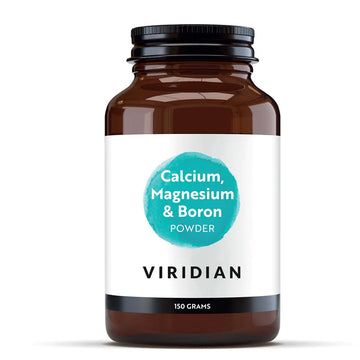Many people regularly take medications, whether prescription or over-the-counter, to manage a wide range of health issues.
While side effects like nausea, headaches, or fatigue are commonly recognised, there is much less awareness of how medications can deplete essential nutrients. Over time, this can affect overall health, energy levels, and wellbeing.
Medications can influence your nutritional status in several ways. They might reduce appetite, making it harder to consume enough nutrients from food. Some interfere with how nutrients are absorbed in the gut, while others change how the body uses or stores nutrients. Certain drugs also speed up the excretion of vitamins and minerals through the kidneys or digestive system. These hidden effects can go unnoticed until a deficiency becomes more severe.
Who Is Most at Risk?
People most vulnerable to medication-related nutrient loss include older adults (especially those on multiple medications), pregnant women, individuals with poor or restrictive diets, and those taking long-term medication for chronic conditions. Signs of nutrient depletion are often misinterpreted as normal ageing or side effects of the medication itself. Symptoms such as fatigue, low mood, brain fog, or muscle weakness may in fact be early indicators of underlying deficiencies.
Common Medication–Nutrient Interactions
Antibiotics
Antibiotics can disturb the balance of gut bacteria, which impacts the production of B vitamins and vitamin K. They may also bind to essential minerals such as zinc and magnesium, reducing their absorption. Taking a probiotic like Saccharomyces boulardii during and after antibiotics can help protect gut health.
Antidepressants
Antidepressants (SSRIs) may not directly deplete nutrients, but low folate levels can impair their effectiveness. Supplementing with folic acid could support better mood outcomes.
Antiepileptics
Antiepileptic drugs can interfere with vitamin D and calcium absorption, increasing the risk of bone weaknesses. Folic acid is also commonly recommended alongside these medications, though vitamin D should be taken with medical guidance to avoid interactions.
Blood Pressure Medication
Blood pressure medications such as beta-blockers may reduce levels of Coenzyme Q10 (CoQ10), a nutrient important for energy and heart health. Diuretics, especially loop and thiazide types, can lead to losses of potassium, magnesium, calcium, B1, zinc and folate.
Contraceptives
The contraceptive pill and hormone replacement therapy (HRT) are associated with reductions in several nutrients, including B vitamins (particularly folic acid), vitamins C and E, magnesium, and zinc.
Diabetes Medications
Diabetes medications like metformin can reduce the absorption of vitamin B12 and folate, while also affecting CoQ10 recycling in the body.
Steroids
Steroids, such as corticosteroid tablets or inhalers, can reduce calcium absorption and increase excretion of nutrients like potassium, zinc, vitamin C, and chromium, potentially weakening bones over time.
Antacids & PPIs
Antacids and proton pump inhibitors (PPIs), used to treat heartburn and indigestion, lower stomach acid levels. This in turn reduces the absorption of magnesium, iron, calcium, zinc, and folate.
Statins
Statins, prescribed to lower cholesterol, may deplete levels of CoQ10 and fat-soluble vitamins such as A, D, E and beta-carotene.
Weight-Loss Medications
Weight-loss medications, including orlistat and GLP-1 receptor agonists, can reduce the absorption of fat-soluble vitamins and suppress appetite, leading to a broader range of nutrient shortfalls.
What Can You Do About It?
Start with a varied, nutrient-rich diet full of whole foods, vegetables, fruits, whole grains, nuts, seeds, legumes, and oily fish. In many cases, however, supplementation may be necessary to replace nutrients lost due to medication use.
Choose clean, high-quality supplements without artificial additives or fillers. Always take supplements at least four hours apart from medications to avoid unwanted interactions. For example, minerals like iron or magnesium can interfere with the absorption of certain drugs.
It’s also important to speak to a GP or pharmacist, especially if you’re on multiple prescriptions. NHS guidelines recommend a yearly medication review, where your healthcare provider can assess potential nutrient depletion and order blood tests for nutrients like vitamin D, iron, B12, or folate.
While medications are often essential for managing health, they can quietly affect your nutrient balance. Being aware of these interactions and addressing them through diet and targeted supplements under professional guidance can help protect your long-term health and wellbeing.



